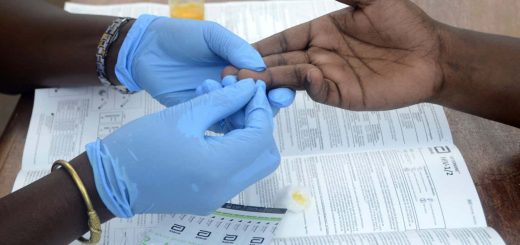DNA has been modified to make it store data 350 times faster
Researchers have managed to encode enormous amounts of information, including images, into DNA at a rate hundreds of times faster than was previously possible
By Karmela Padavic-Callaghan
23 October 2024
Using DNA for data storage just got much more efficient
Erkmen Design/Alamy
DNA has been used for years to store data, but encoding information into the molecule is painstaking work. Now, researchers have drastically sped it up by mimicking a natural biological process that drives gene expression. This could lead to durable, do-it-yourself DNA data storage technologies.
Even though a single gram of DNA can store hundreds of millions of gigabytes of data, the technology to make use of this isn’t yet fully viable. This is partly because the process of encoding data in DNA requires that each molecule be synthesised “from scratch” after being designed to encode a specific piece of information.
Read more
Google creates self-replicating life from digital 'primordial soup'
Advertisement
Long Qian at Peking University in China and her colleagues have now developed a way to write information onto DNA more efficiently.
“A good analogy is using a typewriter, where you have to type each letter, versus printing,” says Harris Wang at Columbia University in New York, who wasn’t involved with the work. “They could essentially get all of [the information] onto the ‘paper’ all at once.”
The team turned long strands of DNA into binary code, the sequence of 1s and 0s that is used in computing to store data. They started with prefabricated DNA templates that served as a base onto which they added shorter DNA strands, similar to threading beads onto a string. Then they used a chemical reaction to add a methyl group, which is a molecule made from carbon and hydrogen, to some of these “beads”. The methylated beads become the 1s of binary code and the unmethylated ones serve as the 0s.


